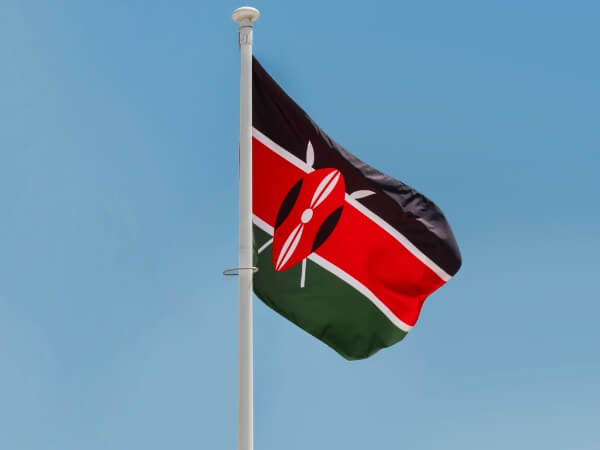The betting scene in Kenya is set for another transformation as the new Gambling Control Act 2025 mandates that a portion of each betting stake be directed toward the Social Health Insurance Fund (SHIF) and national pension schemes.
Under this act, the Gambling Regulatory Authority of Kenya is empowered to develop policies that incorporate a mandatory savings component into every bet placed. As a result, bettors will now have to factor in these new deductions, increasing the overall cost of betting in the country.
“The Authority (Gambling Regulatory Authority of Kenya) shall develop policies for placing of bets for betting, lotteries and gambling that include a savings component for social health insurance or social retirement benefit,” the Act states.
“The minimum amount set under subsection (1) shall be inclusive of such a saving component for the player as shall be determined by the Authority in consultation with the Cabinet Secretary.”
Gambling industry continue to grow despite taxes
Kenya’s betting industry has continued to experience growth, defying a strict taxation regime designed to limit its expansion.
For many Kenyans, betting is not only a popular pastime but also viewed as a potential source of income. Punters collectively place bets exceeding KSh150 billion each year.
Despite the ongoing increase in taxes, including a 15% excise tax on every stake and a 20% withholding tax on winnings, the allure of betting remains strong in the country. These tax rates have risen progressively in recent years as the government aims to address the betting craze.
Experts warn of a possible rise in illegal gambling
The implementation of mandatory SHIF and pension deductions is set to complicate the country’s betting industry, as gamblers will see their stakes divided among taxes, health contributions, and potential winnings.
While the government aims to increase SHIF membership and boost contributions to the revamped national health insurance scheme, there are rising concerns about double deductions impacting those who already contribute to SHIF as salaried workers or under the household category.
This policy arrives at a critical time, as SHIF faces KSh76 billion in unpaid medical bills owed to various healthcare providers. Officials believe that directing a portion of gambling revenues to the fund will help stablize its financial situation.
Government reps also argue that the new law will serve not only as a revenue-generating measure but also as a way to promote savings among youth and low-income earners, who represent a significant portion of the betting demographic.
However, industry experts warn that the increasing cost of gambling, due to multiple layers of taxes and deductions, may push more bettors toward unregulated platforms. Such a shift could undermine government revenue efforts and compromise player protections.
Source: iGaming Afrika

